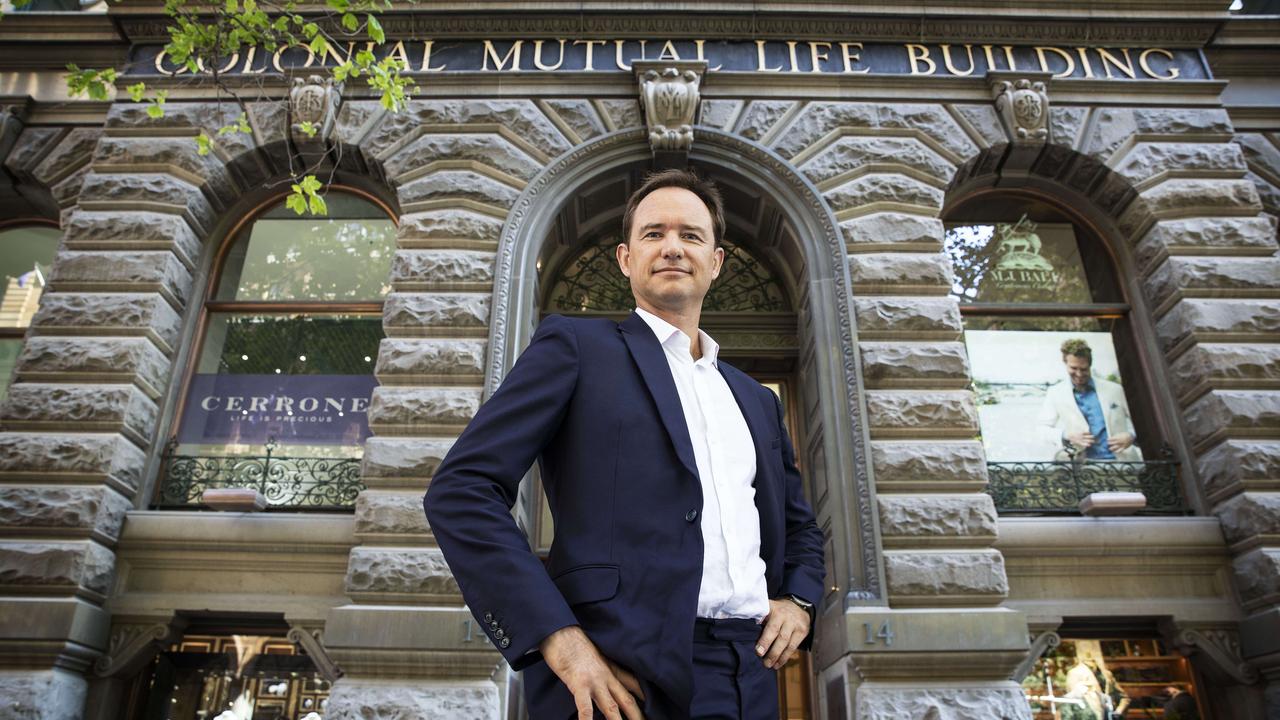US election: Stick with long-term trend amid poll volatility
UBS global head of macro strategy Yianos Kontopoulos had all bases covered addressing clients before the US election.
Later in the day, the likely election of Donald Trump would cause mayhem, but Kontopoulos had all bases covered.
The house view at UBS is that breakouts in volatility, like with Brexit or Trump’s unexpected triumph in the polls, are much more frequent these days.
However, over the longer term of 12 months or more, they’re eminently forgettable.
The general rule is not to trade on them, except in the rare cases where they’re likely to disrupt long-term trends.
Otherwise, wait them out because sticking to the trend has mostly been the winning trade.
Of course, this is a lot easier for the kind of professional investors who assembled for yesterday’s briefing.
Kontopoulos attributes the high number of volatile market episodes since the financial crisis to extreme monetary policy, with many influential central banks experimenting with quantitative easing and/or low-to-negative interest rates.
He expects “severe” market dislocation to occur when cental banks eventually move to unwind these policies, so any shift will have to be undertaken cautiously and over a long period.
The US Federal Reserve, according to the UBS chief, is likely to hike interest rates in December, with at least three further rises expected in 2017.
He is happy to concede he got the Australian dollar wrong.
Kontopoulos previously took the view that the currency was overvalued by about 5 per cent.
He’s now “modestly bullish” and believes the dollar has some momentum, helped by the Chinese authorities again propping up the economy, albeit by borrowing from future generations.
Culleton’s crusade
Whoa Australia. Calm the hell down.
If the entire country is going to seize up every time there’s a bit of silk-on-silk mixed martial arts, then the Culleton Oversight Committee would like to know the protocols for a real crisis, like the collapse in major-bank returns.
Last week, it emerged that George Brandis QC had tapped Solicitor-General Justin “Grumpy” Gleeson SC for a bit of advice on the constitutional status of COC’s patron, anti-bank crusader Rodney Culleton.
Culleton faces possible disqualification from parliament because he had a larceny conviction (since annulled) when he nominated for the Senate last year.
The senator could also get taken down by former Wesfarmers director Dick Lester’s bankruptcy action, which will be heard in the Federal Court on November 21.
COC is pleased to report that our patron is hard at work on bank matters, despite these distractions. With his usual deft touch, he’s come up with a fiendishly clever plan to transform the culture of banks in this country.
The secret plan is not so much a Senate inquiry — we’ve had a few of those, you see — as a turbocharged, all-powerful Culleton inquiry. Everyone knows that COC stands for transparency, so contrary to our patron’s best interests we’ve decided to publish extracts of a document that sets out 17 draft terms of reference.
The Culleton inquiry will focus mostly on rural loans, defined as any loan on a property larger than 0.4 of a hectare, and have the power to negotiate compensation by mutual agreement or recommend prosecution.
It will examine any loan where unconscionable conduct is alleged “by any borrower whatsoever”, with corporations to face criminal sanctions for misleading evidence.
Particular attention will be given to the “collusion of certain state judiciaries with lending institutions”. Yikes!
The inquiry will also consider a modern equivalent of the Commonwealth Bank Act 1911, including the creation of a Commonwealth Rural Bank with the power to issue long-term guaranteed loans.
Three members of the crossbench will sit on the committee, along with three Coalition representatives, three from the Labor Party, and one from the Greens. The unnamed chair — come on, senator, don’t be so shy — will have a casting vote.
But we digress. Back to that silk-on-silk MMA.
Brandis sought out Gleeson on October 13 after the High Court advised the government on September 28 that a constitutional matter had come up; namely two Culleton buddies taking their friendship to another level by lodging writs to contest his election.
COC’s point here is simple. Read the bloody papers, George. And you too, Justin.
Oversight is a thankless but important task, so it pains us to say that COC reported on Culleton’s predicament way back on September 15 and again a week later. It’s almost as though Brandis was waiting for something official from the High Court. Get a grip, man!
In all the circumstances, it’s only reasonable that COC now becomes an official commonwealth office under the auspices of the Remuneration Tribunal.
We did the jobs of Brandis and Gleeson for a week or two and performed more than adequately, in our humble submission.
A $1 million remuneration package seems entirely reasonable — we’ll give up Gleeson’s $34,500 travel allowance because of the budget emergency but trouser the remaining $700,000.
Similarly, we’ll only take $300,000 of Brandis’s estimated $340,000.
You’re welcome, Australia.
gluyasr@theaustralian.com.au Twitter: @Gluyasr







UBS global head of macro strategy Yianos Kontopoulos was in the invidious position yesterday of addressing clients in Melbourne about the implications of a low-rate environment, just as the US was preparing to deliver a sucker punch to capital markets.